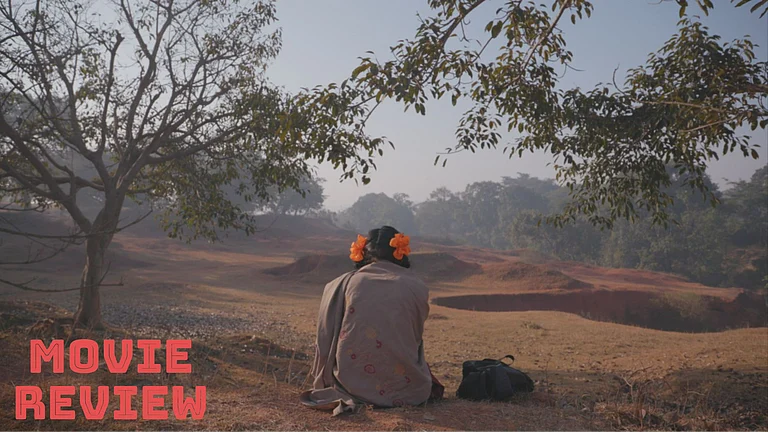The Delhi High Court has declined to order the removal of the Oscar-nominated Netflix documentary "To Kill a Tiger" from the streaming platform, saying that the same has been running on the platform since March 10.
Delhi HC Refuses To Stop Streaming Of Netflix Documentary ‘To Kill A Tiger’ - Know About The Case
The petitioner claims that the film revealed the identity of the rape survivor, who was 13 years old at the time of the incident, as her face was not 'masked' and even showed her in her school uniform.

The court has sought the Centre's stance on a plea seeking action against filmmaker Nisha Pahuja and Netflix for allegedly revealing a minor gang rape survivor's identity in the documentary, which violates the law. The court has issued a notice to the Centre, Pahuja, and Netflix, asking them to file their replies.
Set in a Jharkhand village, 'To Kill A Tiger' follows the journey of a man battling for justice for his 13-year-old daughter who was sexually assaulted by three men. The film was nominated in the 'Best Documentary Feature' category at the 96th Academy Awards this year.
'To Kill A Tiger’ | Know About The Case
The petitioner, Tulir Charitable Trust, claims that the film revealed the identity of the rape survivor, who was 13 years old at the time of the incident, as her face was not "masked" and even showed her in her school uniform.
"The film was shot for 3.5 years. She (Pahuja) made no attempt to mask the minor's identity. There are around 1,000 hours of filmmaking. The poor girl was asked to repeat (her ordeal). All parts are in knowledge of respondent no 5 Netflix," the petitioner's counsel said.
The rape survivor could not have refused her consent to publish her identity after she turned a major as there was "a kind of Stockholm syndrome", he alleged.
He said the documentary "panders to international taste" and violated legal provisions in the Protection Of Children from Sexual Offences Act (POCSO) Act and other laws concerning the protection of the identity of minor rape survivors.
The counsel for the Centre sought time to seek instructions on the petition.
The lawyer for one of the private respondents said the film was shot with the permission of the minor girl's parents and released after she had turned major and had also given her consent.
"Once the child is a major, she has the ability to talk about what happened to her if she so chooses," the lawyer argued, adding that if the petitioner's case is accepted, no book or film can ever be made on such an incident, which was not the intent of Parliament when it enacted the laws on the protection of the identity of minor rape victims.
He informed the documentary was first released in Canada in 2022. It was released in India in March of this year. The matter would be heard next on October 8.
(With PTI Inputs)
- Previous Story
 Elections 2024: Ashok Tanwar Joins Congress Again; Sehwag Endorses Congress Candidate In Haryana
Elections 2024: Ashok Tanwar Joins Congress Again; Sehwag Endorses Congress Candidate In Haryana - Next Story

























